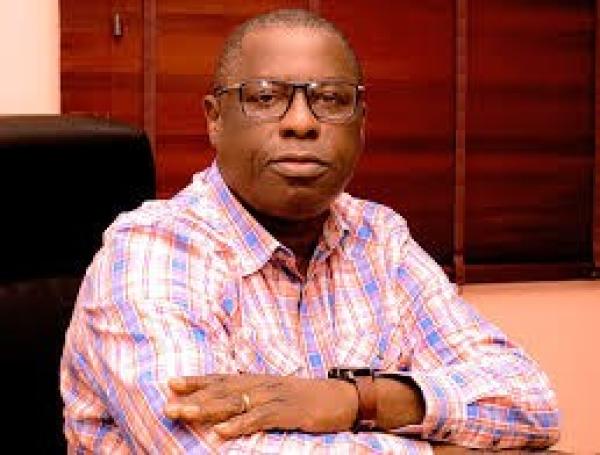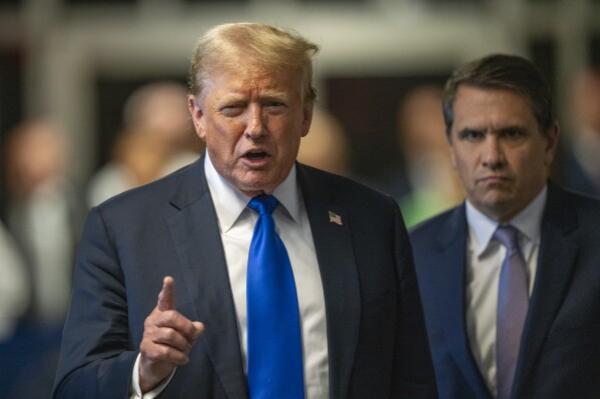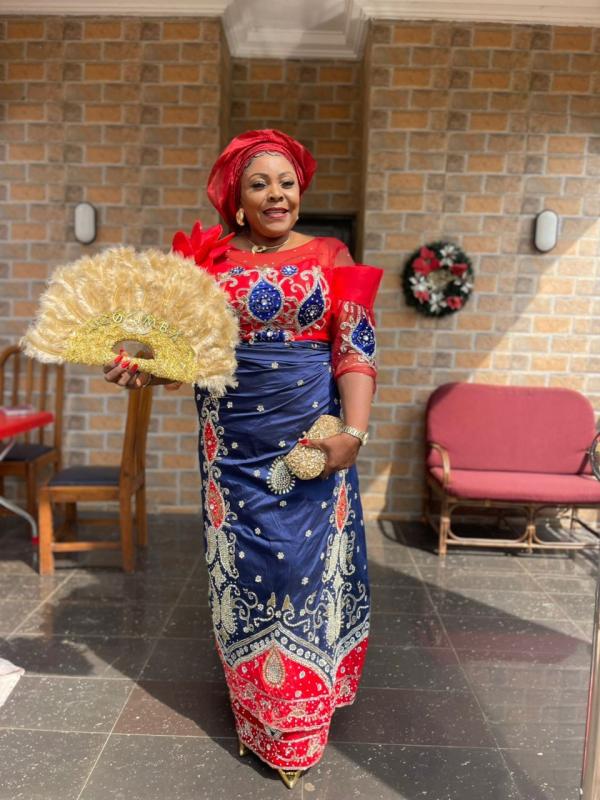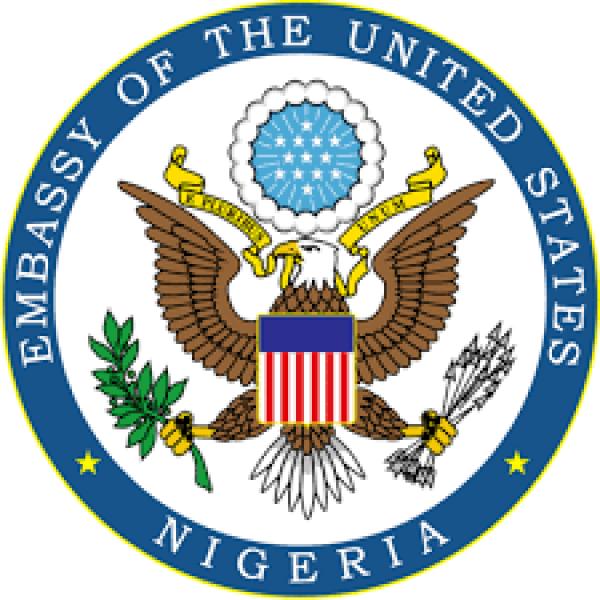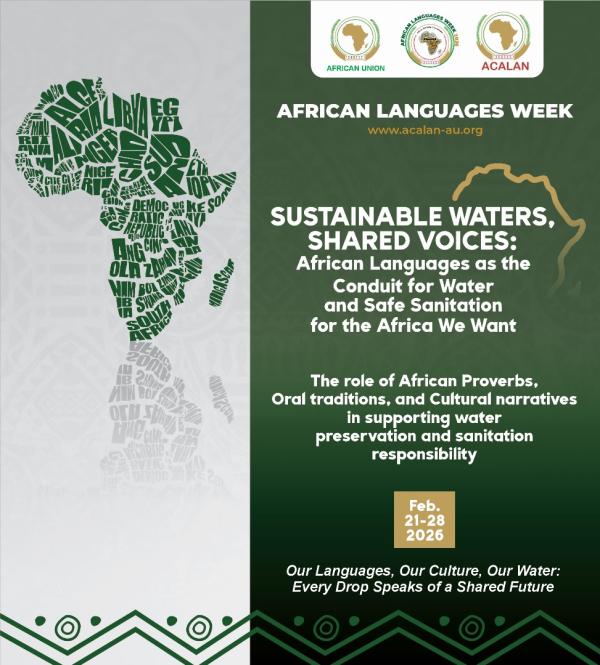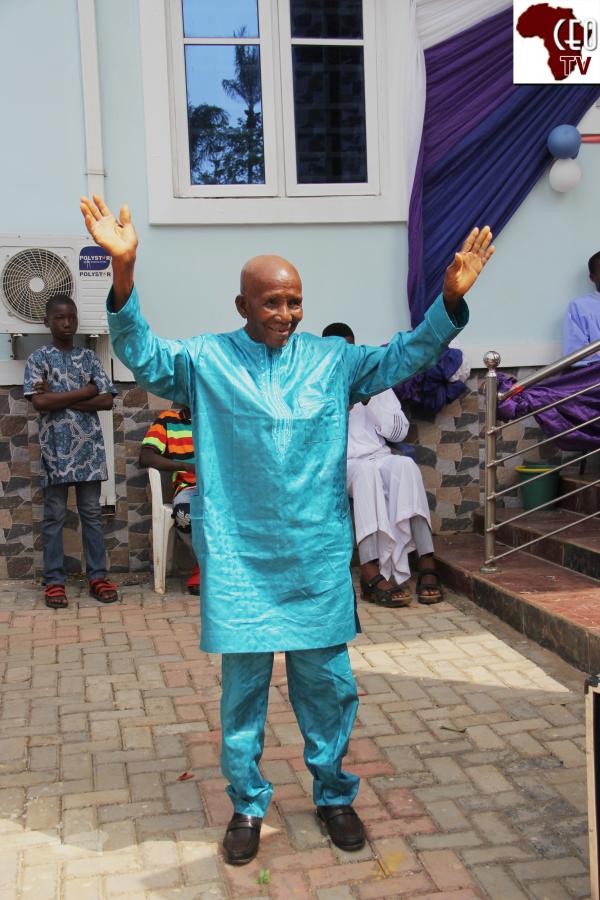
The Chairperson of the United Nation Educational, Scientific and Cultural Organization (UNESCO), Information for All Programme, Mrs. Dorothy Gordon has shown her displeasure that towards African countries not having clear language policies.
The Ghanaian technology activist and development specialist made this known while speaking on ACALAN TV after an interactive 2 Days workshop with the theme “Comprehensive and Interactive Platform and Bridging the 6’ Gap Between the Computer and the African” organized by the African Academy of Languages (ACALAN) on 2nd - 3rd of October, 2019 in Bamako, Mali.
In her statement, she said, “It is really quite tragic that up till now, we do not have clear language policies in our countries and that means the vast majority of our populations especially in West Africa, they are not part of our governance, structures, communication on key development issues and so, we see that technology is actually given us the opportunity to correct this because, the kind of technologies that exist today make it much easier for us to take contents from perhaps another African language or one of the foreign colonial languages and actually put that content into our own language and we know that for example, children who go to school in what we call technically, their L1 or mother’s tongue. It has a huge positive impact on their overall participation in education”.
“Africa is the youngest continent. We are going to have more than 50% of the people under 15 by 2050. Can you imagine if more than half of these people cannot be able to benefit from the education because we don’t have the language resources that allow them to learn in their own language”, she said.
“This platform that ACALAN is working hard to get off the ground can play a very important role in bringing together the many experts that are already working throughout the continent but very often in little silos to bring them together, pull the resources, understand better which methodology works so that we can effectively change the situation and by doing so, we change the future of our continent” she said.
While speaking on how to reach out to stakeholders towards supporting the idea of ACALAN, she said “We can see that knowledge sharing is very key to everything that we want to do in terms of promoting true knowledge societies and so what we would be working hard to encourage on this platform is effective knowledge sharing which means that we would have to look at the probability standard so that data for example that has been worked on in one language can easily be used by those experts working on other languages”.
She stated further that “Knowledge sharing is going to be very key not only in terms of technical linguistics issues but also in terms of the implementation and rule out issues which are so key. Language is used for all communication; we have to figure how we would communicate effectively to the people in terms of their health needs for example. Or as we saw in Liberia, they were able to bring their Ebola crisis under control when they put the content about what Ebola was and how to prevent its spread. They had to put it in the Liberian local languages and that is what helped them to bring the epidemic under control. If you talk to people in a language that they don’t understand it has no impact. We have an opportunity today to use a resource by ACALAN’s platform to actually help us to communicate better”.
Also, speaking about how policy makers can reposition African Languages, she said “I think many of those people who are involved at the level of policy today were influenced by educational systems that in a way they do not respect African languages and so they have taken it for granted. We see that among some members of the elites in Africa, they make sure that their children don’t speak the language. So, our policy makers need to correct this. We cannot leave behind huge percentages of our population”.
“The SDGs are very clear; no one left behind. We must work at the policy level to have a very clear positive language policy and then, use the fact that we have these new technologies so that even those languages in linguistics we would call non-dominant languages which are spoken by relatively small language groups. We can develop the resource material that would allow their children to go to school and learn language and it would allow us to communicate to them what our parliaments are coming out with in terms of new laws so that they can fully enjoy their human rights”.
However, Mrs. Gordon congratulate the team in ACALAN on the excellence initiative, wished them the best of luck while she assured them of UNESCO’s support as they go forward.
The ACALAN 2 Day interactive workshop was enlivened by experts across African countries to include former Minister of Education, Republic of Mali and the Executive funding of ACALAN, Mr. Adama Samassekou; Representative of UNESCO, Mrs. Dorothy Gordon; Academician, Professor Marcel Diki-Kidiri; Director General CICIBA, Professor Antoine Manda Tchebwa; ACALAN Executive Secretary, Dr. Lang Fafa Dampha; Director General AMALAN, Professor Boniface Keita; Representative of Mali Government and Chief of Staff to the Minister of Communication, Usman Bombay; Expert, South Africa, Professor Langa Khumalo; SPPO ACALAN, Dr. Ojo B. Johnson; Expert Mali, Mr. Houssein Ahmed Assowe; Mr. Issiaka Ballo, Expert Mali; Dr. Odejobi Odetunji, Lecturer, OAU Ile-Ife, Osun State, Nigeria; Professor Moses Ekpenyong, University of Uyo, Nigeria; Dr. Lawrence Muchemi; Mandela Doncoure; Yoette Kowassy; Angela Herman Kilusungu; Martin Benjamin; CEOAfrica Director and ACALAN TV Expert, Mr. Cletus Sunday Ilobanafor among others.












